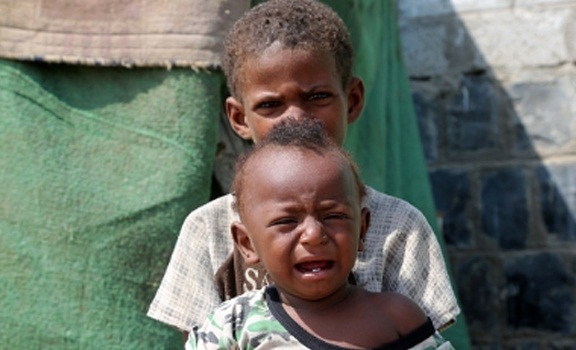Belgium Suspends Arms Sales to Saudi Arabia
 TEHRAN (Defapress)- The council explained its decision by the failure of the authorities in the country’s French-speaking Wallonia, which had issued the permits, to first examine the human rights situation in Saudi Arabia.
TEHRAN (Defapress)- The council explained its decision by the failure of the authorities in the country’s French-speaking Wallonia, which had issued the permits, to first examine the human rights situation in Saudi Arabia.
The decision affected planned sales to the kingdom by Belgium’s leading weapons manufacturer FN Herstal, which is based in the region. Also known as Fabrique Nationale, the company specializes in making firearms, ranging from pistols to heavy machineguns.
In 2017 Saudi Arabia bought 153 million euros worth of arms from the Belgian arms maker.
In December 2017, the Belgian Human Rights League and the National Peace and Democracy Coordination Center, backed by Amnesty International, appealed to the State Council to annul licenses for the export of lethal arms to Riyadh.
In September 2017, the European Parliament approved a resolution calling on the EU to impose an arms embargo on Saudi Arabia, which is accused of supplying the weapons it buys in Europe to terrorists in Syria and using them in the ongoing conflict in Yemen.
Germany also in January stopped approving licenses allowing arms sales to Saudi Arabia due to its involvement in the warfare.
Saudi Arabia has been striking Yemen since March 2015 to restore power to Mansour Hadi, a close ally of Riyadh. The Saudi-led aggression has so far killed at least 16,000 Yemenis, including hundreds of women and children.
Despite Riyadh's claims that it is bombing the positions of the Ansarullah fighters, Saudi bombers are flattening residential areas and civilian infrastructures.
According to several reports, the Saudi-led air campaign against Yemen has driven the impoverished country towards humanitarian disaster, as Saudi Arabia's deadly campaign prevented the patients from travelling abroad for treatment and blocked the entry of medicine into the war-torn country.
Yemen is the world’s largest humanitarian crisis with more than 22 million people in need and is seeing a spike in needs, fuelled by ongoing conflict, a collapsing economy and diminished social services and livelihoods.
Several Western countries, in particular the United States and Britain, have been supplying the Saudis with advanced weapons and military equipment during the invasion.
message end/
